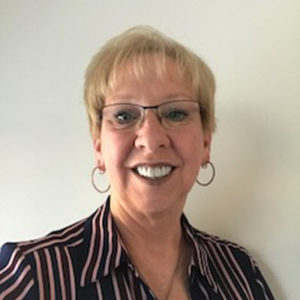

“We need to ask how can you take MPI code and realize benefits in a composable way without rewriting your code from scratch.”
BILL MAGRO ABACUS TECHNOLOGY SOFTWARE
This, he said, will make a tremendous difference in running existing workloads and enable whole new sets of workloads.īill Magro noted that “the best thing that can happen is that your hardware advances, but your software doesn’t have to change.” But that’s unlikely – large systems have the potential for big disruptions to applications performance and this will have to be managed.

The addition of non-volatile memory on the node and advances in storage hierarchy have provided a one-time boost factor of 103, a 1000X improvement in certain parameters like latency. Mark Seager, who also holds the position of Chief Technology Officer for the High Performance Computing Ecosystem at Intel, added that advances in this realm are not incremental. “It’s not that we can’t do what we did before, it’s that we will be able to do so much more.” Al Gara commented, “There is a lot of exciting technology that is feeding into both of those areas.” He cited advances like the latest Intel® Xeon Phi™ processors code name Knights Landing which make new levels of memory available, and breakthroughs in non-volatile memory technology that “are allowing us to do things in storage that are fundamentally different from what we’ve done before.” He stressed that these changes do not necessarily mean incompatibility with legacy applications. Moderating the panel discussion at SC15, Intel’s Mike Bernhardt kicked off the discussion with a question about the current wall for HPC memory and storage technology and how we can move past the limitations. When three distinguished Intel Fellows-Bill Magro, Mark Seager and Al Gara-sat down together to discuss HPC’s Next Phase, the conversation was quite lively because all three are working on cutting edge aspects of the rapidly changing and evolving technology portfolio for the high performance computing ecosystem.

BILL MAGRO ABACUS TECHNOLOGY HOW TO
In this special guest feature, John Kirkley writes that a recent panel discussion with three Intel Fellows looked at how to move beyond traditional HPC for the future of scalable applications performance. Intel Fellows Al Gara, Bill Magro and Mark Seager discuss the future of HPC


 0 kommentar(er)
0 kommentar(er)
